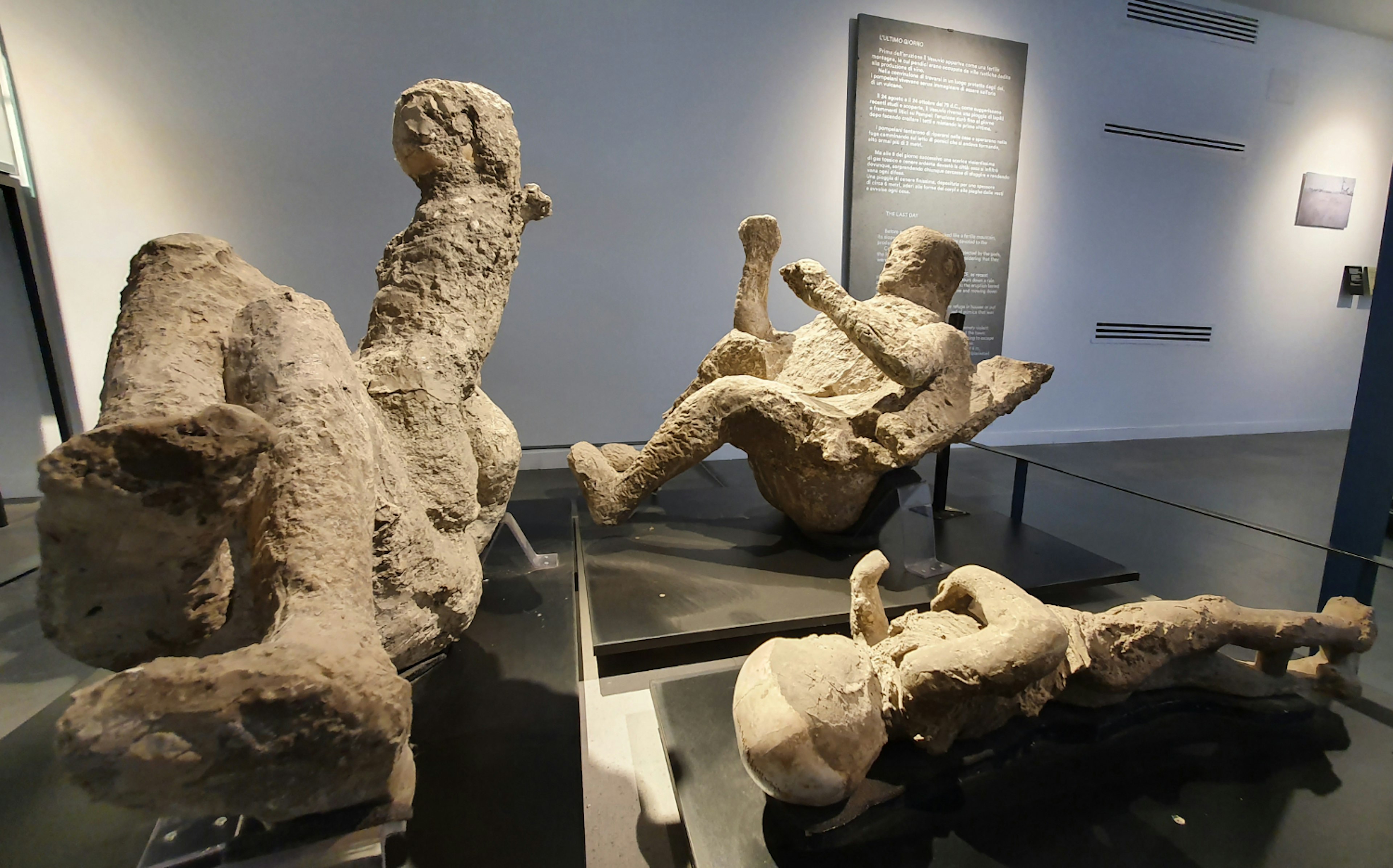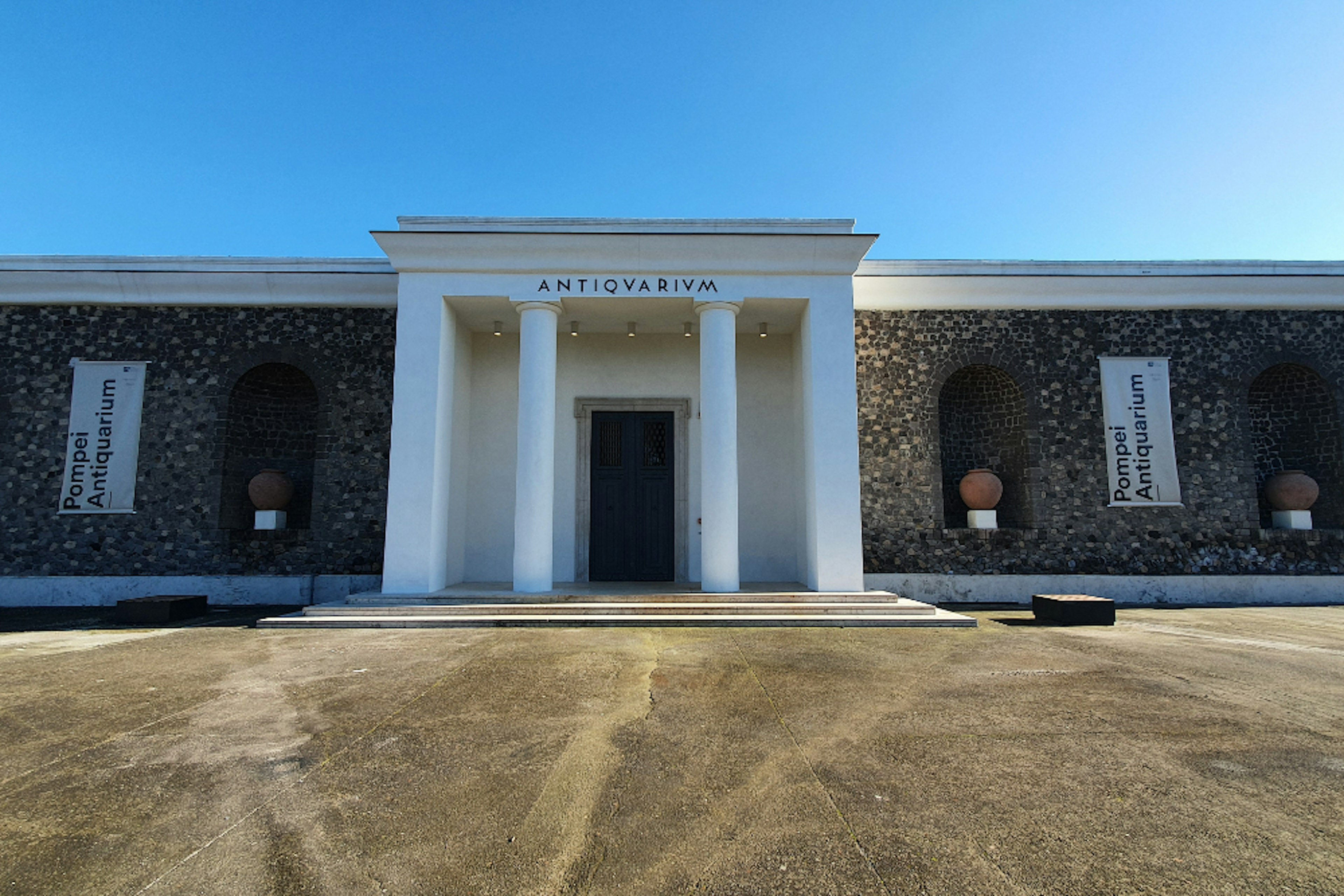The Antiquarium of Pompeii Reopens: A Journey Through Time
The Antiquarium of Pompeii has reopened as a museum, showcasing finds that illustrate and narrate the captivating story of the ancient city of Pompeii. This historic building has undergone a complete refurbishment and has been inaugurated with a new layout, tracing the history of Pompeii from the Samnite era – 4th century BC – until the eruption of AD 79.
Historical Significance and Restoration
The Antiquarium was originally constructed by Giuseppe Fiorelli between 1873 and 1874 in the area beneath the terrace of the Temple of Venus. Initially, it served as the exhibition venue for a selection of artifacts representing the daily life of the ancient city, including casts of the victims of the eruption of Mt Vesuvius.

In 1926, the museum was expanded by Amedeo Maiuri, who enhanced the collection with noteworthy artifacts from the Villa Pisanella of Boscoreale and new excavations from Via dell’Abbondanza. Additionally, he laid out a route guiding visitors through the history of Pompeii from its origins until the catastrophic eruption.
Although seriously damaged during World War II in 1943, the building was restored by Maiuri and reopened five years later in celebration of the second centenary of the excavations of Pompeii. It faced another closure due to damage from the 1980 earthquake, remaining shut for 36 years until its reopening in 2016 as a visitor center with temporary museum exhibits.
The New Exhibits
The recent renovations echo Amedeo Maiuri’s initial concept for the museum, providing valuable context before an actual visit to the site. Guests can admire renowned artifacts from Pompeii, including:
- The frescoes of the House of the Golden Bracelet
- The Moregine Silver Treasure
- The triclinium of the House of Menander
- Recent finds from the Archaeological Park, such as fragments of First Style stucco from the House of Orion
- The amulet treasure from the House with the Garden
- The newly produced casts of the victims from the Civita Giuliana villa

For visitors seeking information, two forms of digital media are available, including audio narration and a web-bot – a digital assistant that offers clear and straightforward service information. Further details can be found on the website here.




